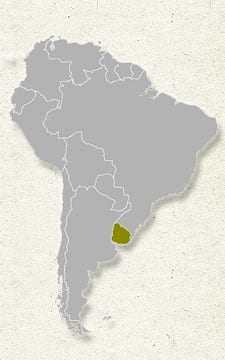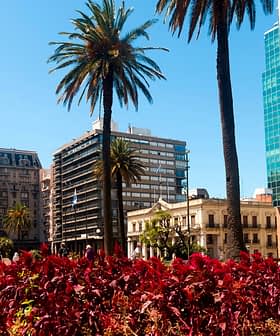 At least 35 million euros ($43m) was spent worldwide on promoting olive oil in 2010, according to the International Olive Council.
At least 35 million euros ($43m) was spent worldwide on promoting olive oil in 2010, according to the International Olive Council.
The figure, which includes both publicly and privately funded campaigns across 33 countries, was calculated as part of the IOC-commissioned who’s who in the promotion of olive oil world-wide survey. IOC member countries were briefed on the preliminary results of the survey — the first of its kind in the sector — during IOC meetings held July 2 – 6 in Argentina. More results of the survey will be released in October, the IOC said.
Representatives of the governments of Brazil, Chile, Peru and Uruguay participated in the meetings in Buenos Aires as observers and “expressed interested in IOC activities,” with Uruguay formally starting the process of joining the IOC and Chile expressing particularly strong interest, the IOC said in a press release in Spanish.
It said there was also debate among member countries on the possibility of IOC-funded market research in Indonesia and Singapore, Switzerland, and India. Briefings were given on promotion campaigns carried out in the United States and Canada, and others programmed to take place in Brazil, China and Japan in 2012/2013.
Among other proposals discussed were a price observatory project and the creation of a working group charged with issuing market forecasts. The aim of the latter would be the detection of market disturbances and monitoring of factors including production, consumption, changes in consumer behavior, and pricing.
“Various (other) initiatives were discussed, including the development of a strategic plan based on information submitted by the (IOC member) countries, detailed knowledge of the state and performance of the olive sector in member countries, and the preparation of a study on the elasticity of demand based on data bases spanning 15 – 20 years of figures on consumption and prices per category, per capita incomes, and consumer price indexes. This work is designed to help develop market regulation policies” the IOC also said.
In the area of chemistry and standardization, attendees were briefed on the completion of studies on the composition of the oils with abnormal parameters (part of preparation for next year’s Codex Committee on Fats and Oils meeting), and other IOC work including on varietal identification, the organoleptic assessment of table olives, and labeling.
At a meeting of the IOC’s technical committee, reports were given on research activities including the international germplasm collection project, the use of molecular markers, and a carbon footprint project.
Separately, attendees were also briefed on reforms of customs codes for olive oil and olive pomace to be proposed to the World Customs Organisation to harmonize international trade, gather more precise data, improve market transparency, prevent fraud and protect product quality.








